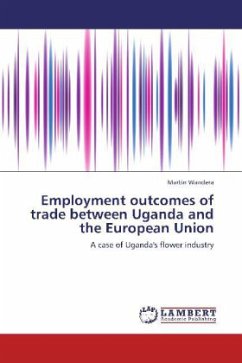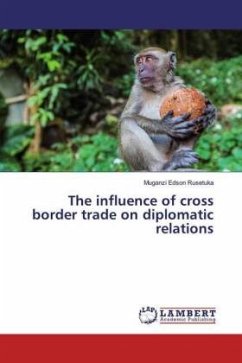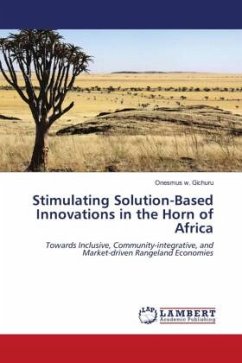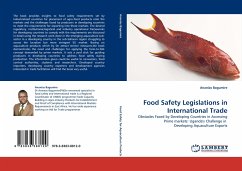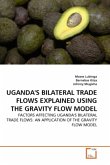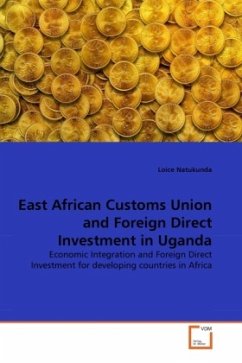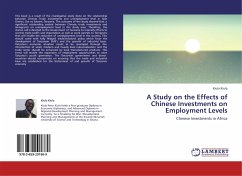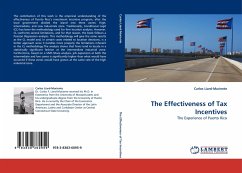It is widely held that free trade not only stimulates growth but simultaneously increases employment generation and wages. Hence trade liberalization is crucial for labour-abundant developing countries. However, empirical data shows that, though trade liberalization in the 1980s and 1990s improved market access conditions for African exports to Europe and America, Africa s share in global export trade declined. The book therefore explores the factors that constrain market entry and export growth in Uganda and consequently limit the social outcomes of trade liberalization like employment. Given that conditions of work are a labour market variable, the extent to which labour market institutions in Uganda facilitate the creation of decent jobs is also examined. Uganda s flower industry was used as a case study. The study argues that historically constructed structural and institutional weaknesses limit productivity and competiveness. This restricts the gains the flower industry would make from free market access to the European Union. The book also argues that labour market institutions in Uganda are weak and cannot ensure that the jobs created in the flower industry are decent.
Bitte wählen Sie Ihr Anliegen aus.
Rechnungen
Retourenschein anfordern
Bestellstatus
Storno

